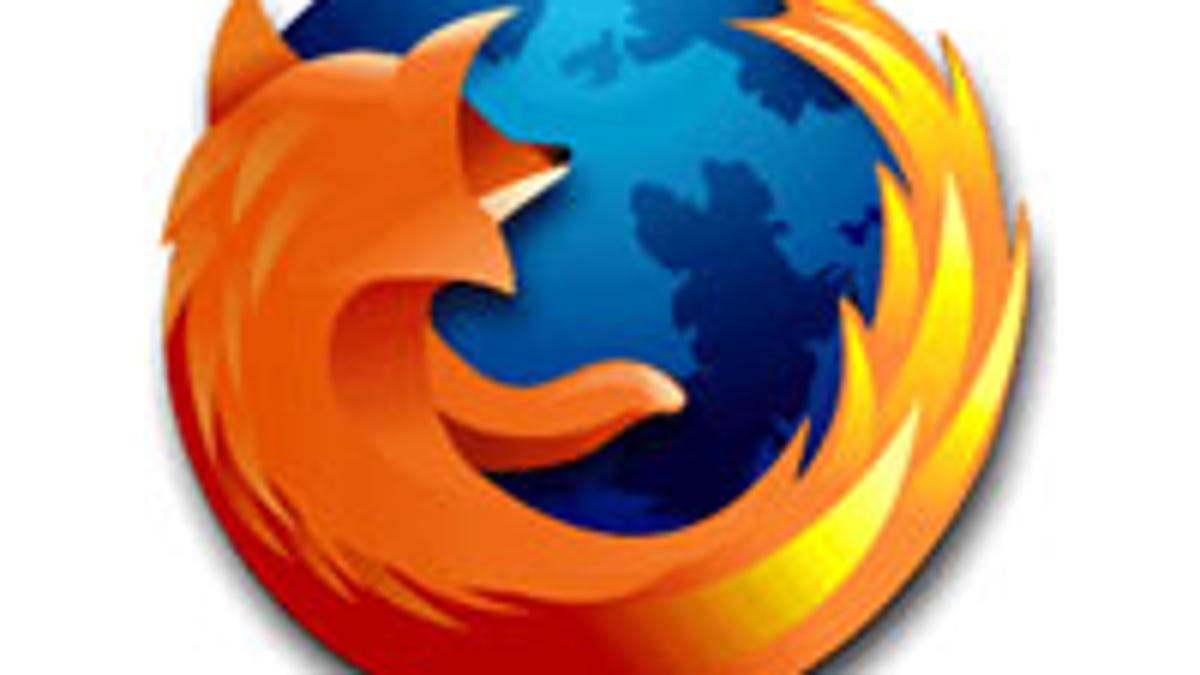Firefox's 1st birthday: A rollercoaster year
The Firefox Web browser is one year old today, and it has already enjoyed rapid take-up, plenty of plaudits, and the occasional security scare. Take a trip back through 12 months in the life of an open source browser

With Firefox reaching its first birthday on Wednesday, we decided to look back at the past year to revisit some of the acclaimed browser's ups and downs.
November 2004: Firefox 1.0 is released. Within a couple of weeks, Web analytics firms report that it is taking market share away from Microsoft's Internet Explorer.
December 2004: An advert for Firefox is printed in the New York Times, after a quarter of a million dollars is raised in a 10-day fundraising campaign. An ad is also published in a German national newspaper, after European Firefox fans raise over â,¬48,000 (AU$77,000).
January 2005: Google hires two Firefox programmers ââ,¬" Ben Goodger, Firefox's lead programmer and Darin Fisher. This fuels speculation that Google is planning to build its own Web browser. More news of the cooperation between Google and Firefox is revealed a month later, when Gervase Markham, a Mozilla staff member, says the Foundation could not have hired as many people without the money that it makes by linking to Google.
February 2005: Microsoft announces that it will launch an update to Internet Explorer separately from the next major version of Windows, reversing a longstanding Microsoft policy. Bart Decrem, a founding member of the Mozilla Foundation, says he could not "think of a better validation of the success of Firefox", but Tristan Nitot, president of Mozilla Europe, admitted on Wednesday that the organisation had "mixed feelings" about the announcement. "It was bad in the sense that our competition had finally woken up," he said.
March 2005: The Mozilla Foundation claims that Firefox has been adopted by large enterprises, but companies are keeping quiet about it to maintain a good relationship with Microsoft. Later in the month, Yahoo pledges full Firefox compatibility, but later says it couldn't promise that all its services would be fully compatible.
April 2005: Mozilla patches several flaws in Firefox, three of which are rated as critical. Australian interest in Firefox triples, according to Internet research firm Nielson/Netratings, comparing the number of monthly unique visitors to the Mozilla Foundation's Firefox Web page in April 2004 to March 2005.
May 2005: IBM encourages its employees to use Firefox, by letting them download it from the company's internal servers and offering support from its helpdesk staff. Mozilla Europe launches a marketing campaign, with promotional videos featuring people's extreme reaction to discovering Firefox. The campaign racks up nearly half a million hits in less than a week.
June 2005: Microsoft announces that Windows 2000 users will not get access to IE7. Asa Dotzler, the community coordinator at the Mozilla Foundation, later says that he hopes to attract many corporate Windows 2000 users to the Firefox browser, as they will be unable to take advantage of any improvements in IE7.
July 2005: The Mozilla Foundation admits that the next version of Firefox has been delayed again until "after August" . It was initially scheduled to be released around March 2005, but in January Mozilla said it would be delayed until June 2005. Mozilla Europe president Nitot said on Wednesday that Firefox 1.5 is due by the end of 2005, although "hopefully before then".
August 2005: Mozilla announces the creation of a commercial subsidiary, called the Mozilla Corporation, which will be responsible for the development, testing and distribution of the organisation's open source products. Analysts predict the creation of the Mozilla Corporation will increase the uptake of Firefox in the enterprise.
September 2005: Security firm Symantec releases a report claiming that Mozilla Web browsers are potentially more vulnerable to attack than IE. But Mozilla hits back claiming that its "ability to react, find a solution and put it into the user's hands is better than Microsoft."
October 2005: Mozilla celebrates the 100 millionth download of Firefox. The browser passed the 50 million download mark in May and the 10 million download mark in December, just over a month after the release of 1.0.
November 2005: Firefox achieves 10 percent market share, according to a large Web analytics company, and the first release candidate of Firefox 1.5 is released.